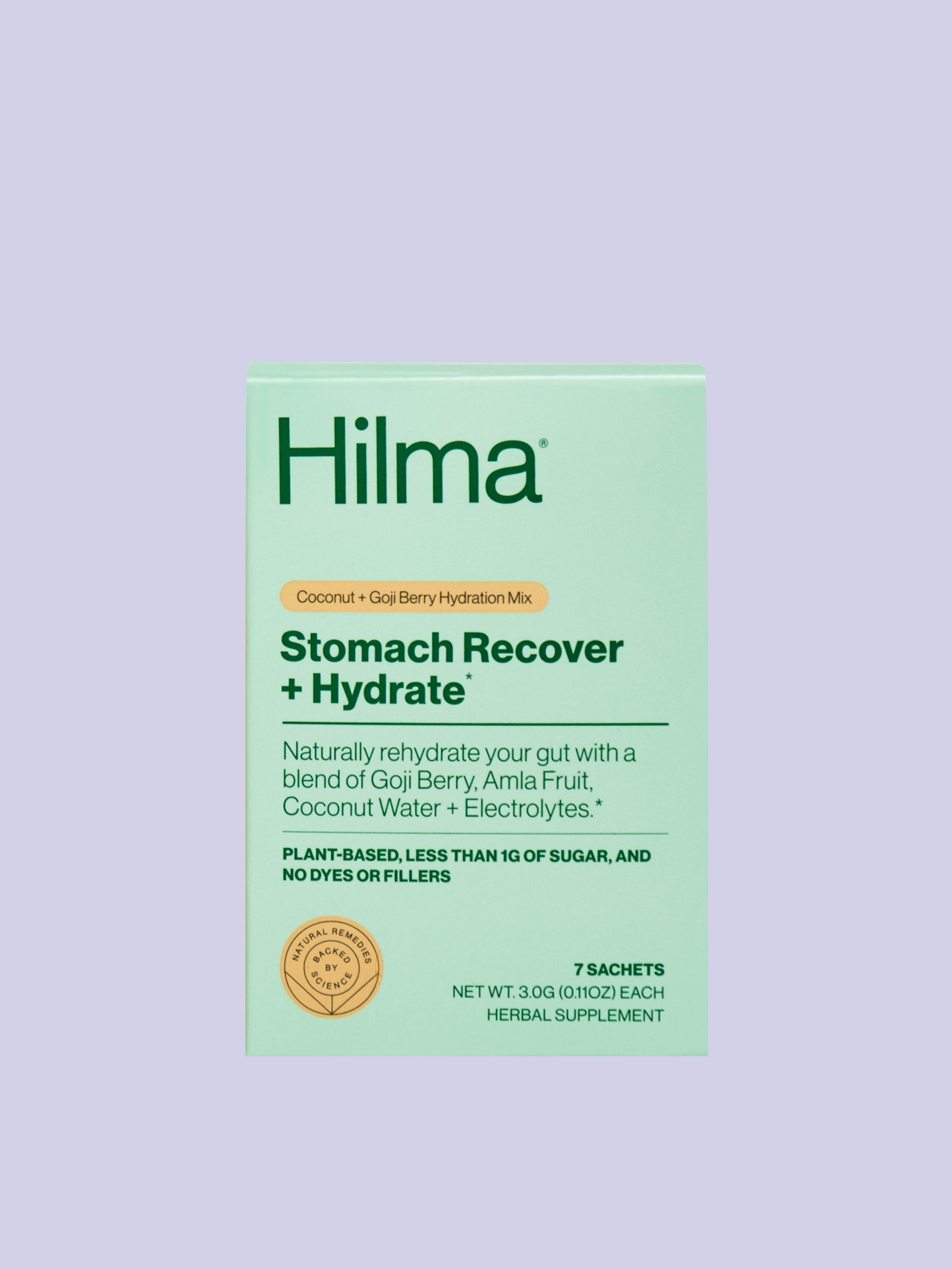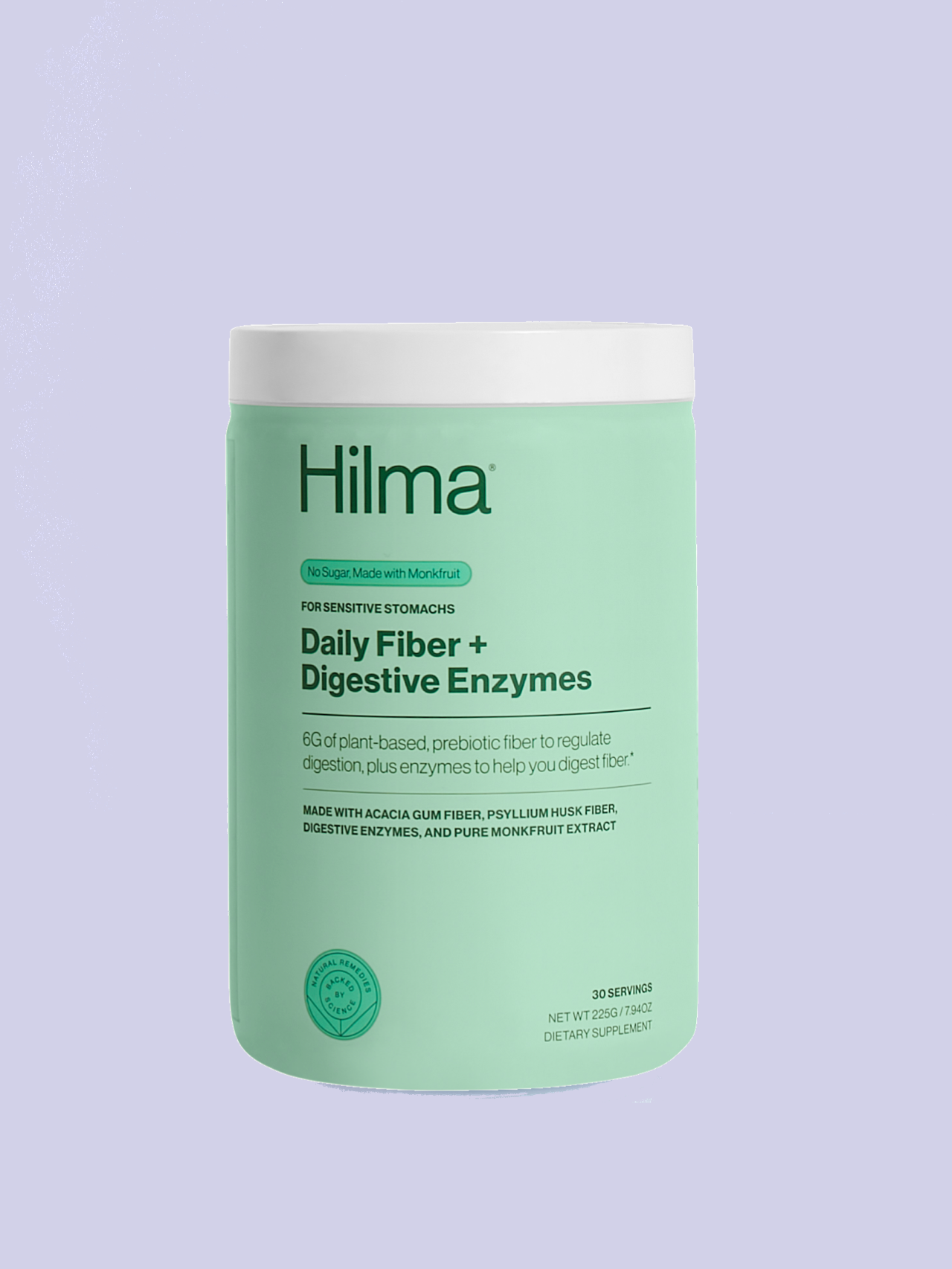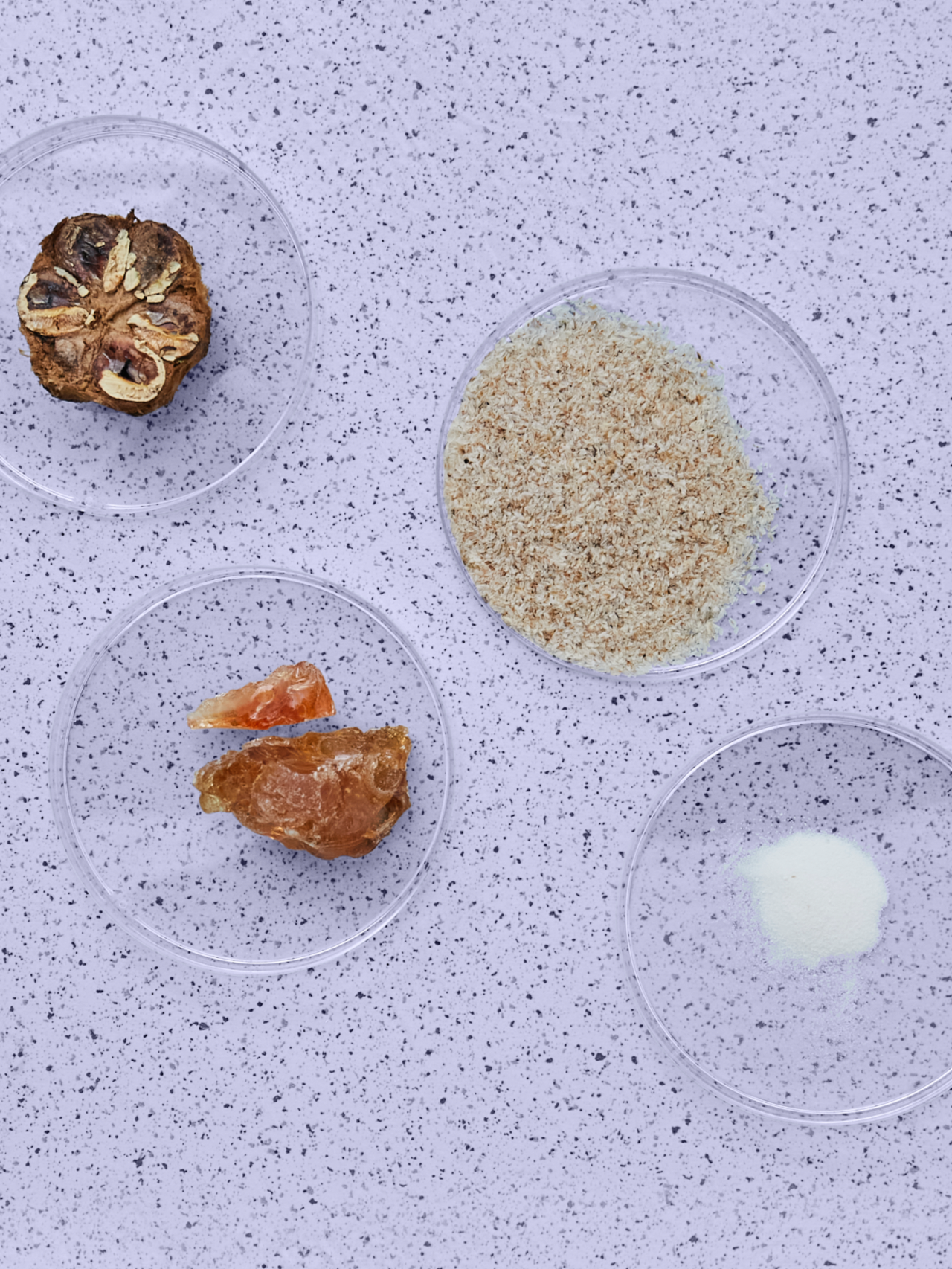
Your body is made up of about 60-75% water. Every cell, organ, and tissue requires water to operate effectively, playing a critical role in everything from digestion to detoxification. Without adequate hydration, your body cannot function at its best, which is why staying hydrated is often referred to as the foundation of optimal health. Simply put, water is essential to life.
But what’s the science behind this? How does staying hydrated actually impact the way our body works? Let's dive deeper into why water is so crucial and how you can ensure you're staying hydrated throughout the day.
Why Water is Crucial for A Healthy Body
Water acts as the primary vehicle for delivering nutrients throughout your body. Whether you're consuming vitamins from a daily supplement or getting nutrients from your favorite fruit or salad, water ensures they get to the right places. Blood, which is mostly water, carries essential nutrients and oxygen to cells. It also helps remove waste from the body through the kidneys and liver, making it a key player in detoxification.
Beyond transportation, water aids in temperature regulation, lubricates your joints, and supports a fiery digestion. Staying hydrated allows your body to produce enough saliva, which is critical for breaking down food and preventing bacterial overgrowth in your mouth. Water even impacts the structure and function of your skin, keeping it plump, supple, and aiding in the healing of wounds. It's no surprise that when you're well-hydrated, your skin has a glow to it, and you feel robust with energized.
Water’s role extends to regulating body temperature through sweating. When you're hot, your body cools down by releasing sweat, which evaporates from the skin’s surface and lowers your body temperature. If you’re dehydrated, this cooling mechanism is compromised, making you more prone to heat exhaustion, dizziness, fatigue, or even heat stroke.
Water also helps cushion and protect your joints, as synovial fluid—a lubricating substance found in the joints—is largely made of water. Adequate hydration keeps your joints flexible and can prevent discomfort or injury, especially for those who are physically active.
The Impacts of Dehydration
Dehydration, on the other hand, disrupts these processes. Even mild dehydration can lead to issues such as headaches, fatigue, and impaired cognitive function. If you’ve ever experienced difficulty concentrating or irritability when thirsty, this is likely due to dehydration affecting brain function. When the brain detects dehydration, it can slow down the delivery of nutrients and oxygen to cells, resulting in cognitive sluggishness.
Physical performance also suffers when you're dehydrated. Whether you're running a marathon or just going for a light jog, dehydration can reduce your stamina, strength, and endurance. Without enough water to replace the fluids lost through sweat, your muscles are less efficient, and your body’s ability to cool itself diminishes.
But how much water do you really need to stay healthy? Does the mineral density of your water matter? This is the question that often results in confusion.
The general recommendation is eight 8-ounce glasses of water a day, often referred to as the “8x8 rule.” However, this varies depending on individual factors such as activity level, climate, and diet.
Hydration Needs Across Different Populations
Hydration requirements can vary significantly based on factors such as age, activity level, and overall health. For example, children often require higher water intake relative to their size because they are more active and lose fluids quickly during play. In contrast, older adults may not feel thirsty even when their bodies need water, making it crucial to set reminders to encourage regular fluid intake.
Athletes and individuals engaging in intense physical activity also need to prioritize hydration, as they lose substantial fluids through sweat. It's essential for these individuals to drink water before, during, and after exercise to maintain optimal performance and recovery.
Additionally, those with certain health conditions, such as kidney disease or diabetes, may have different hydration needs. For example, those with kidney disease may require fluid restrictions, while diabetics may need to monitor their hydration closely to help manage blood sugar levels.
Building Healthy Hydration Habits
We called in the hydration experts at Cure to share some helpful tips to make sure you’re equipped to stay your healthiest, most hydrated self as the seasons change.
We love Cure because just like us at Hilma, their products are backed by science and rooted in nature. Plus, they also take formulation very seriously.
Cure’s formula is based on the World Health Organization’s formula for Oral Rehydration Solution (what you would get as a hydrating IV drip) and has no added sugar, fillers, or other junk.
Here’s what Hilma and Cure want you to keep in mind:
Start Your Day with Water
Hydrating first thing in the morning is a fantastic way to jump-start your system. After sleeping for seven to eight hours, your body is naturally in a state of mild dehydration. By drinking a glass of water right after waking, you not only rehydrate but also kick your metabolism into gear. We recommend keeping your favorite water bottle right by your bedside table for this reason!
Check out our friend Kate’s recipe for a holistic water tonic (she’s a nurse and drinks this every morning)!
Try mixing a glass of warm water with a splash of lemon juice, a pinch of sea salt, and a teaspoon of honey. This combination replenishes lost electrolytes, boosts digestion, and gives you a natural energy lift without caffeine.
Keep Water Accessible Throughout the Day
One of the easiest ways to ensure you're staying hydrated is to keep water within arm's reach at all times. Invest in a high-quality water bottle that you ENJOY using and take it with you everywhere—whether you're at work, running errands, or heading to the gym.
Make it a habit to sip water regularly, even when you don’t feel particularly thirsty. Thirst is often a delayed signal that you’re already dehydrated. Using visual cues like keeping your water bottle on your desk, next to you while watching TV, or at your bedside table can help remind you to drink first thing in the morning and throughout the day.
Eat Water-Rich Foods
Hydration doesn’t only come from liquids. Incorporating water-rich foods into your diet can significantly boost your hydration levels. Fruits and vegetables like cucumbers, watermelon, oranges, strawberries, and celery have high water content, making them excellent choices for snacking or adding to your meals and snacks.
Soups and broths can also contribute to your overall hydration, particularly during the colder months when you might not feel as thirsty. Foods like zucchini, lettuce, and tomatoes are also hydrating and can be easily integrated into meals. Smoothies made with these fruits and vegetables not only increase your water intake but also provide a nutritious boost.
Level Up with Electrolytes
Water alone might not always be enough to keep you properly hydrated, especially if you're sweating a lot during workouts, spending time in hot environments, or drinking caffeine. In these cases, replenishing electrolytes is essential. The most important electrolytes are sodium and potassium, both found in Cure’s hydration sticks.
Adding electrolytes to your water can improve hydration efficiency, allowing your body to absorb water more effectively. Not to mention, they add a delicious flavor to your water that makes it easier to sip on.
Balance Dehydrating Beverages
It’s not just about the water you drink; it’s also about the beverages that can work against your hydration efforts. Drinks like coffee, tea, soda, and alcohol can have a dehydrating effect because they act as diuretics, causing your body to lose more water. While moderate consumption of these beverages is usually fine, it's essential to balance them with water. For every cup of coffee or cocktail, try to drink an extra glass of water to counteract the dehydration. If you enjoy caffeinated drinks, consider switching to herbal teas or decaffeinated options in the afternoon to minimize the dehydrating effects. And if you’re having an alcoholic drink, opt for a glass of water in between to help maintain your hydration.
Make Hydration Fun
For some, the thought of drinking plain water all day can feel monotonous. If that’s the case for you, try infusing your water with natural flavors to make it more enjoyable. Add slices of fresh fruits like lemon, lime, or berries, or toss in a few cucumber slices and mint leaves for a refreshing twist.
You can also experiment with herbal teas, coconut water, or adding a splash of natural fruit juice to your water. Drinking hydrating smoothies packed with fruits and veggies is another delicious way to boost your water intake while enjoying a nutritious snack.
By incorporating these practical tips into your daily routine, you can ensure that you're giving your body the hydration it needs to thrive—no matter the season. Water really is the cornerstone of good health. It is our companion for life!
Sources:




